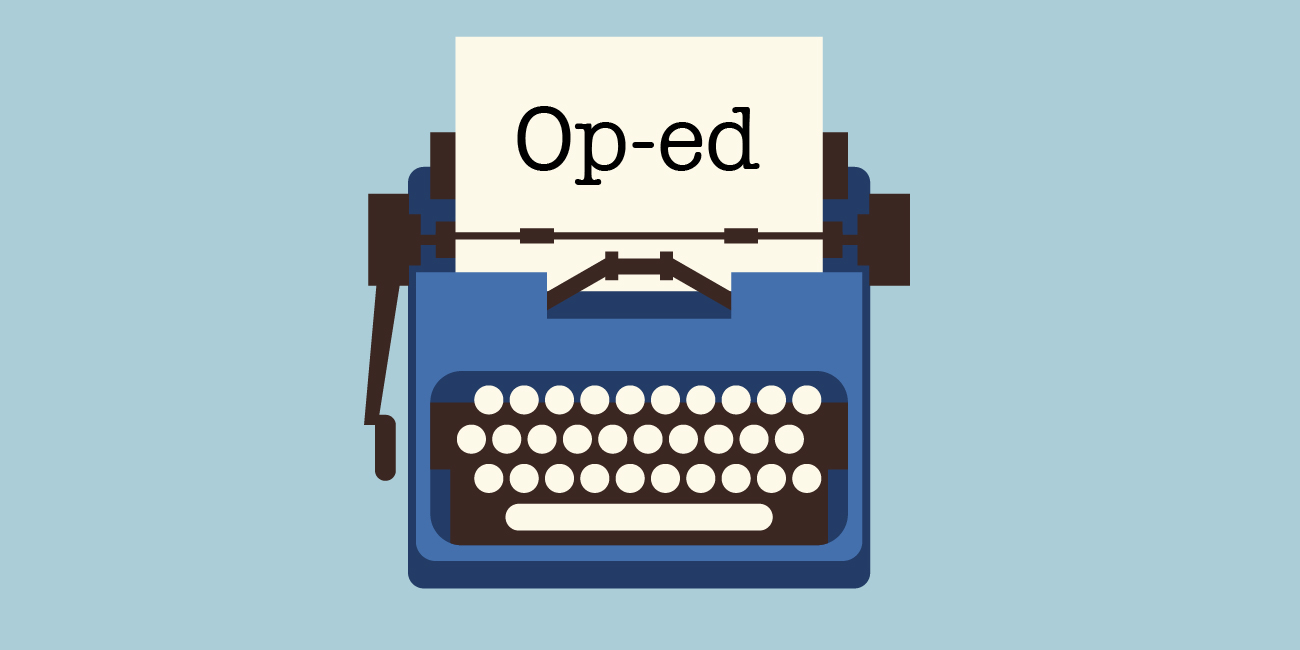It takes not just a village but apparently several overlapping villages to keep a human alive.
For my purposes, it takes my people.
My daughter’s people.
My sons’ people.
It takes my doctors, the bank lady, my haircutter, my therapist, my friend who makes me breakfast, my other friend who makes me dinner, the people who run the local food co-op, the woman who leads meditation, the pharmacist I call at 4 a.m. about a drug interaction, my Facebook pals, my children, their friends who support them, my sisters and friends and cousins who field my sometimes alarming texts, phone calls and voice memos, not to mention Jesus, Buddha, Instacart and John-Boy.
All play a part in my well-being and survival.
All make me wonder how I ever got by without them.
Time was, like most women of my generation, I didn’t know how to ask for help.
I adhered to Ralph Waldo Emerson’s philosophy of self-reliance rather than John Donne’s no (wo)man is an island.
I was always the help-er, not the help-ee.
Author Patricia Sprinkle must have been thinking of me 30 years ago when she wrote the book, “Women Who Do Too Much: Stress and the Myth of the Superwoman.” While I performed endless tasks for school, church and community, I low-balled my own needs. As much as anything, I spent my “extra” time playing BFF confidante to my sisters, my mother, my aunt, my former college roommate and anybody else who called me from faraway states at all hours of the day and night to tell me their woes.
When I became a mother, I naturally fell into even greater sacrifice.
Selflessly giving to others made me feel useful, even indispensable.
As long as I was indispensable, I would never be rejected or unloved.
But then somewhere along the way, my eye started twitching. The phone would ring and I wouldn’t want to answer it. And things started happening. Bad things. Difficult things. I had already been diagnosed with a serious illness. Now it seems I was going to have to go it alone, as my husband of 30 years and I were separating. It was I, of course, who normally would smooth these kinds of things over, establishing a new kind of friendship with my husband, helping our shell-shocked children understand and recover, coming to the aid and rescue of all.
Only in this case I finally knew I was the one who needed rescuing. I just didn’t know how to get there.
How can I call on my friends with all this? Won’t I be a burden? And then one night after a long crying jag, sitting cross-legged on my bed in the Airbnb where I’d temporarily relocated after the separation, I took it upon myself to text 18 friends.
“I’m going through a hard time,” I wrote. “Would you mind calling and checking on me occasionally?”
I got a flurry of kind texts and phone calls in return that night, and beyond.
They still loved me.
From there I began recognizing specific areas where I needed help, especially after my former husband was diagnosed with early onset dementia and soon after, died, devastating the family and changing every aspect of our lives. Some of this help was professional, which was doubly difficult as it required me to dip into the retirement account my husband and I had built for our leisure years. I found it especially difficult to pay the people coming into my home and helping me as my health ebbed and flowed.
And yet: “I simply can’t do all this by myself,” I learned to tell myself. “I am lucky to have the resources.”
I will still and always be a helper, as it turns out. I continue to relish the moments when my children call on me for advice. I am grateful when my friends tell me their stories of triumphs and struggles. I love feeling human with them, sharing and discovering wisdom — but only to the best of my energy in the moment, no longer to the depletion and detriment of self.
A few things worth mentioning:
People respond to others’ vulnerability. They can’t relate if you act like Mighty Mouse all the time.
When somebody asks, “What can I do?” be sure to think of something.
Asking for help is good for the planet. When you start asking for help, you will inadvertently embolden others to do the same. Pretty soon we’re all helping each other, which really is the natural order. “We’re all just walking each other home,” the late spiritual leader Ram Dass famously said.
Finally: People often tell me how strong I am.
“Thank you, but not without you,” I reply.
Debra-Lynn B. Hook of Kent, Ohio, has been writing about family life since 1988. Visit her website at www.debralynnhook.com; email her at dlbhook@yahoo.com, or join her column’s Facebook discussion group at Debra-Lynn Hook: Bringing Up Mommy.

